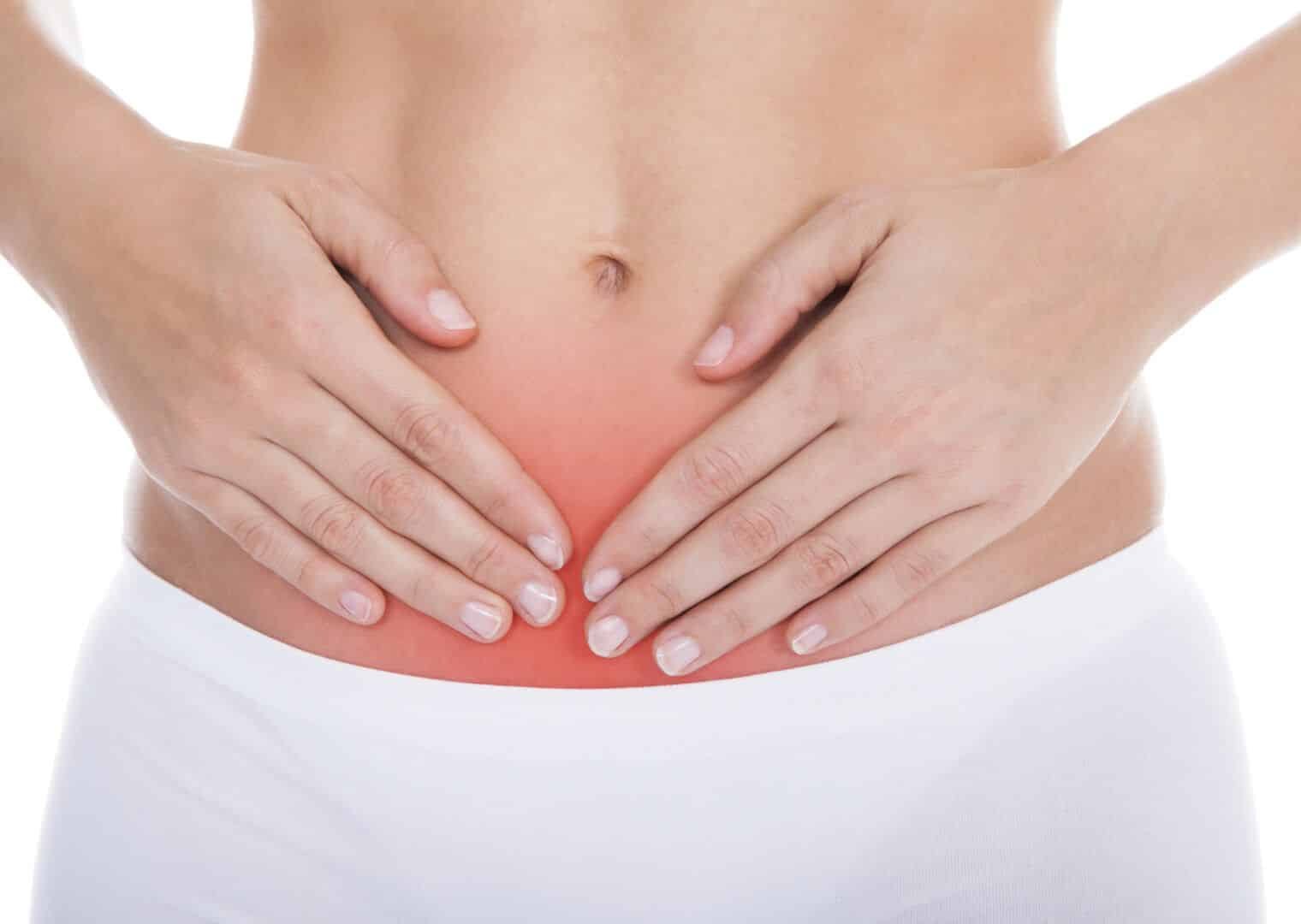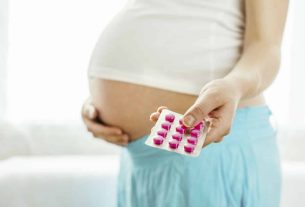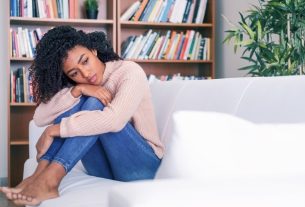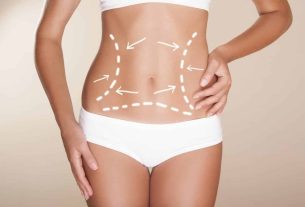Ovulation pain is characterized by discomfort in the abdominal region two weeks before menstruation, and can occur in any woman.
Many women of childbearing age may feel a pain or stabbing sensation on one side of the lower abdomen two weeks before their period. This is a common symptom of ovulation, called ovulation pain. However, this does not happen to all women.
Ovulation pain, or mid-cycle pain, also called mittelschmerz, may be an indication that the woman is in her fertile period. It usually appears as a sharp pain in the abdominal region or even as a mild cramp where the ovary is releasing an egg. Therefore, ovulation pain usually occurs between 10 to 16 days before the start of menstruation.
However, it is not something serious or that it poses any danger to women’s health. Because most of the time it is a mild discomfort that lasts a few hours in most cases, with rare exceptions being pain that lasts more than a day.
Therefore, let’s better understand what ovulation pain is, how to identify it by symptoms and possible causes.
Ovulation pain
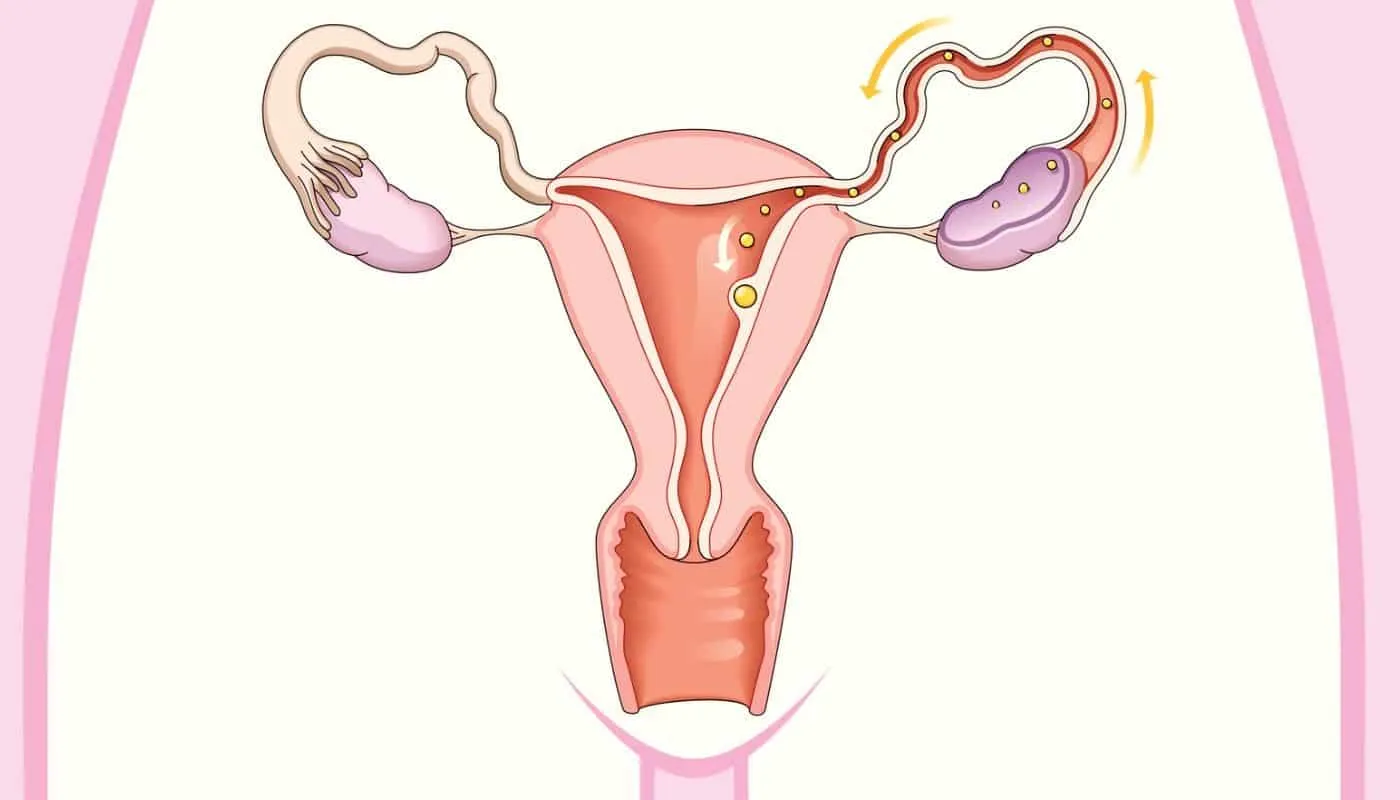
To understand what ovulation pain is, we need to contextualize what ovulation is. It occurs in the ovaries, the organ where the eggs that a woman makes in the fetal phase are stored. Therefore, all ovarian reserve is produced in the woman’s uterus.
So, during the fertile period, the eggs are stimulated by hormones, and when they are mature, they rupture and the woman ovulates. Therefore, ovulation pain occurs when this stimulation reaches its peak. This is because due to the hormonal activity of estrogen and LH, the ovaries that are under the influence of these hormones become larger. 7
Therefore, an ovary that is normally 45 cubic centimeters increases in size during ovulation, reaching up to 90 cubic centimeters.
This pain can occur in any woman, as long as she is of childbearing age. However, it is more common in women who are undergoing infertility treatments using medications to induce ovulation.
Some ongoing research suggests some important data about ovulation pain. One of them is that many times, women did not feel pain in all cycles. Some women may experience pain in half of the cycles, and others have reported discomfort in all cycles. Most women who reported experiencing ovulation pain said that the pain lasted only one day per cycle, but it can last two days or more.
Symptoms of ovulation pain

As previously stated, ovulation pain occurs about two weeks before the start of menstruation. On average, it usually occurs more precisely 14 days before, when the egg is released from the ovary.
The main symptom is discomfort in the lower abdomen, where the uterus is located, more specifically about four fingers below the navel. Generally, the pain appears on the left or right side, this will depend on the ovary where ovulation occurs. However, in rare cases it occurs on both sides of the abdominal region simultaneously.
The pain is described as a slight thump, which may be accompanied by stitches, cramps or stronger pulling. However, it usually only lasts a few minutes, but can last for 1 day or 2. Furthermore, it can also be accompanied by vaginal bleeding, and in some women it can cause nausea. All of this is a consequence of the hormonal increase and the activity of the tubes that move, and more sensitive women can feel these movements.
All of these symptoms can be more or less intense depending on each woman. In the case of women who use medicines to induce ovulation, their ovaries may feel more swollen and ovulation pain may be more uncomfortable.
However, if the pain is so intense that you are unable to carry out normal activities, or if it lasts for more than 8 days, if you experience fever, pain when urinating, redness or burning of the skin near the site of the pain, you should seek medical attention. .
Possible causes of ovulation pain
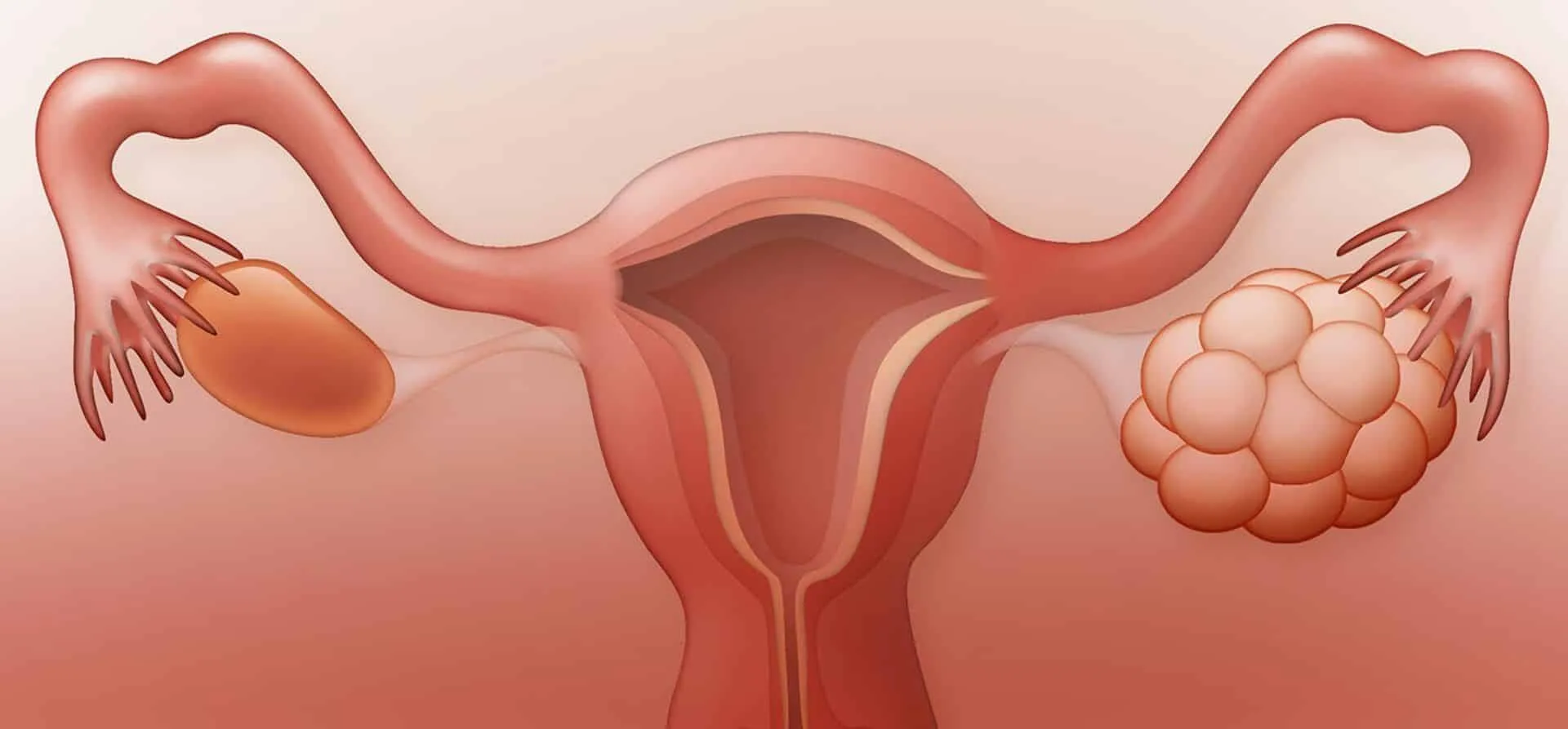
Until now, medicine has not been able to define exactly what causes ovulation pain. However, in medical literature, this topic has been questioned since 1800, and more than a century later there is still no definitive answer.
However, it is believed that ovulation pain is caused by the action of the egg breaking through the ovary, which releases a small amount of fluid and blood. These substances can irritate the regions around the ovaries, causing pain in the abdominal region. Therefore, ovulation pain is relatively common.
Another common cause of this discomfort is after a cesarean section or appendix surgery, as both can cause scar tissue to form that can surround the ovaries and cause this pain.
However, if the pain is very strong or lasts a long time, it could be a sign of an illness such as:
- Endometriosis: an inflammatory condition that affects the ovaries and uterine tubes.
- Ovarian cysts: pockets of fluid that form inside around the ovary.
- Ectopic pregnancy: pregnancy outside the uterus.
- Appendicitis: inflammation of the appendix.
- STDs: sexually transmitted diseases such as chlamydia that can cause inflammation and scarring around the uterine tubes.
Treatment
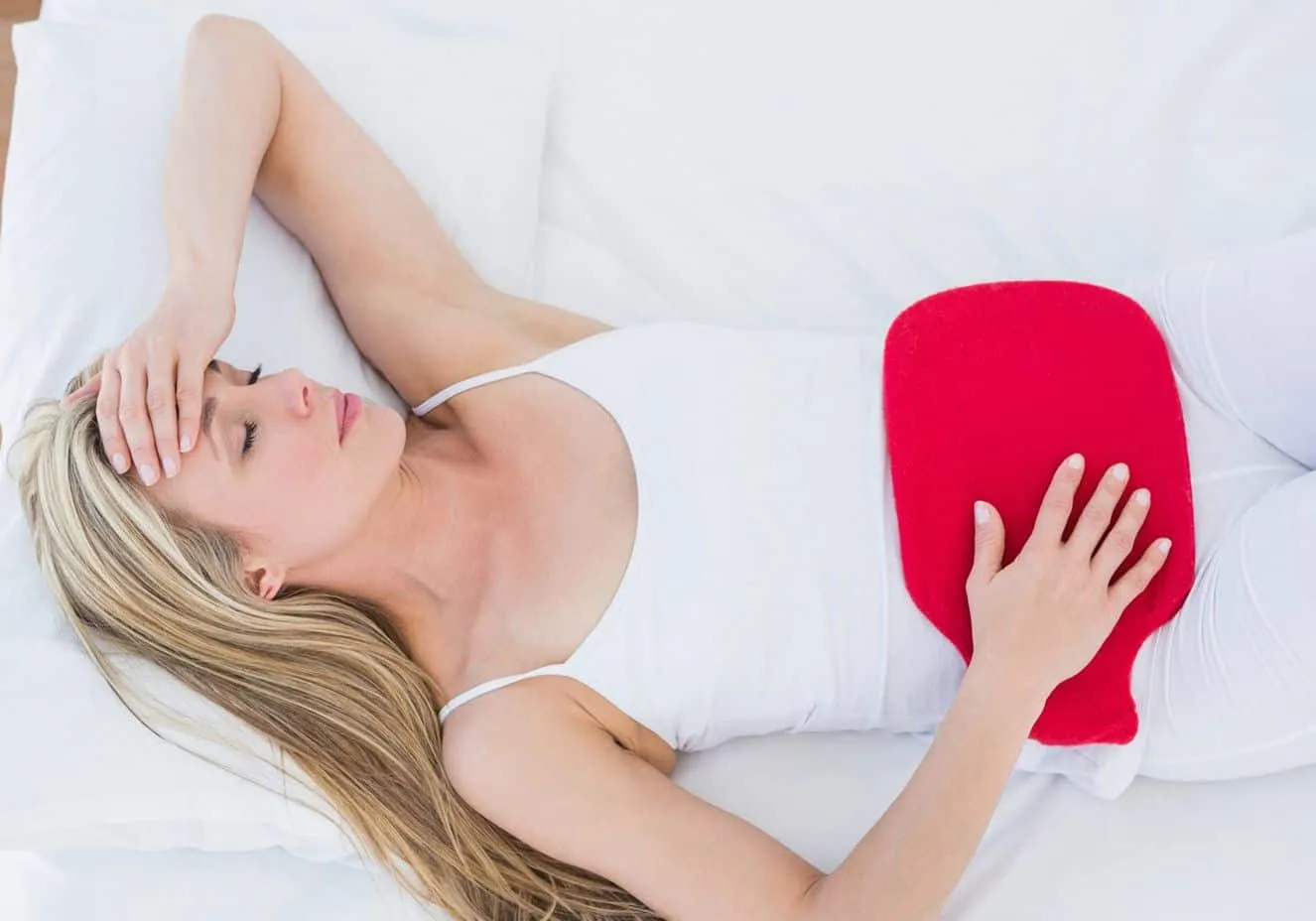
As previously stated, in most cases ovulation pain is quick and mild, so there is no need for specific treatment. However, it is possible to alleviate the discomfort with the use of analgesics, such as paracetamol, or anti-inflammatories such as naproxen or ibuprofen. However, these medications are not recommended for women who are trying to get pregnant, as they can interfere with ovulation.
But, in addition to painkillers, hot compresses placed on the abdominal region, or a hot bath can also relieve the pain and help it go away faster. And for women who frequently suffer from ovulation pain, one way to prevent it is to use contraceptive pills.
Anyway, what did you think of this article? In fact, take the opportunity to also check out What is ovulation? How it happens, monitoring and fertile period.
Sources: Your Health Changing Diapers Clue
Images: Vix Clínica Gera Vix Boa Forma Clínica Gera

Sign up for our newsletter and stay up to date with exclusive news
that can transform your routine!
Warning: Undefined array key "title" in /home/storelat/public_html/wp-content/plugins/link-whisper-premium/templates/frontend/related-posts.php on line 12
Warning: Undefined array key "title_tag" in /home/storelat/public_html/wp-content/plugins/link-whisper-premium/templates/frontend/related-posts.php on line 13

